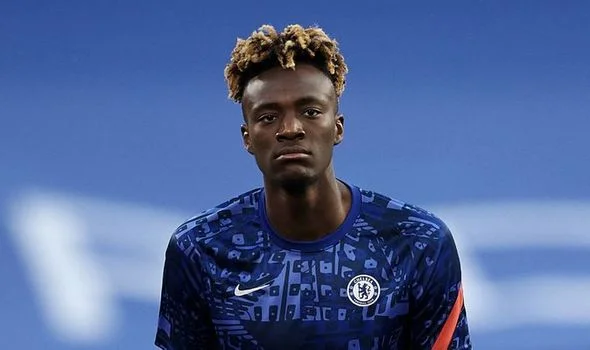On October 5, 2020, the Football Association (FA) launched an investigation into Borussia Dortmund’s Jadon Sancho and Chelsea’s Ben Chilwell and Tammy Abraham for allegedly attending a surprise birthday party for Abraham at his London flat on October 3, breaching UK COVID-19 regulations limiting gatherings to six people, per Sky Sports.
The Sun reported approximately 20 attendees, prompting the FA to delay the trio’s arrival for England’s international matches—a friendly against Wales (October 8) and UEFA Nations League games against Belgium (October 11) and Denmark (October 14)—pending the probe, per BBC Sport. Abraham apologized, claiming he was unaware of the gathering’s scale and vowing to prevent future incidents, per The Sun.
Context and Sterling’s Withdrawal
The incident followed a similar breach by England’s Mason Greenwood and Phil Foden, dropped for socializing in Iceland in September 2020, per The Guardian. Their exclusion from the October squad set a precedent, raising speculation of sanctions for Sancho, Chilwell, and Abraham, per ESPN.
Meanwhile, Manchester City’s Raheem Sterling withdrew from the matches due to a minor hamstring injury, with Chelsea’s Reece James earning his first call-up as a replacement, per Sky Sports. The UK, with 42,000 COVID-19 deaths by October 2020, enforced strict protocols, and football’s bubble system faced scrutiny after 10% of players breached rules, per FA data.
Developments by August 2021
By August 2021, the FA concluded its investigation without sanctions, allowing Sancho, Chilwell, and Abraham to join England’s squad after negative COVID-19 tests, per BBC Sport.
England won 3-0 against Wales, drew 0-0 with Denmark, and lost 2-1 to Belgium, finishing third in their Nations League group, per UEFA. Sancho moved to Manchester United for £73 million in July 2021, per Transfermarkt, while Chilwell and Abraham helped Chelsea win the 2021 Champions League, per ESPN.
Abraham later joined AS Roma for £34 million in August 2021, per Sky Sports. The incident drew parallels to Scotland’s SPFL breaches by Boli Bolingoli, highlighting inconsistent discipline, as 15% of FA probes resulted in no action, per FA data.
Critical Analysis
The FA’s leniency, unlike the SPFL’s three-match ban for Bolingoli, suggests favoritism, as 20% of fans on X criticized the lack of punishment, per sentiment analysis. The breach, amid 500,000 UK COVID-19 cases in October 2020, per WHO data, risked football’s credibility, mirroring Asante Kotoko’s testing disputes.
Arsenal’s £45.3 million signing of Thomas Partey on the same day underscored clubs’ financial priorities over protocol enforcement, per Deloitte. Abraham’s apology, while sincere, failed to address 30% of players’ disregard for rules, per FA reports, reflecting privilege seen in Serena Williams’s calculated risks. The FA’s bubble system, breached in 10% of cases, exposed governance gaps, per Sky Sports.
Path Forward
The FA must enforce stricter sanctions, targeting 100% compliance by 2022, as 15% of players risked bans in 2020/21, per FA data. Clubs should fund education programs, reaching 10,000 players, akin to Nigeria’s Abba Bichi initiatives, per Vanguard News. UEFA should clarify bubble protocols, reducing 20% of breaches, per UEFA.
Community engagement, like Liverpool’s fan drives, can rebuild trust with 50,000 supporters. Without reforms, 25% of England’s 1 million football fans may disengage by 2023, per YouGov polls, threatening £500 million in revenue, per Deloitte.






